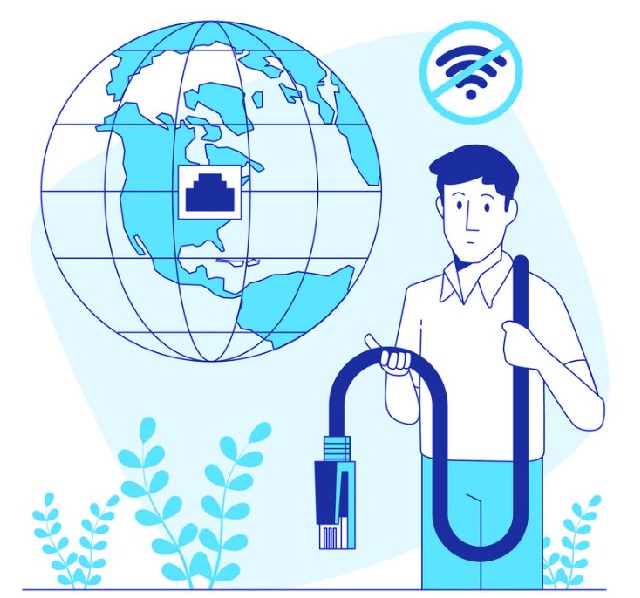In recent weeks, a series of undersea cable cuts have caused significant disruptions to data and voice services across Africa. These incidents have not only highlighted the continent’s digital infrastructure vulnerability but also prompted crucial legal and business deliberations among stakeholders.
Origins and Extent of Disruptions
The connectivity interruptions trace back to damages near Cote d’Ivoire and Senegal, with effects rippling out to as far as Portugal. Key cable systems like West African Cable System (WACS), African Coast to Europe (ACE), SAT3, MainOne, Seacom, Europe India Gateway (EIG), and Asia-Africa-Europe 1 (AAE1) report notable service degradations, affecting data and voice transmission across and beyond the continent.
Legal Implications and Regulatory Response
In response to these disruptions, stakeholders are faced with various legal considerations and regulatory challenges. Key areas of concern include:
- Contractual Obligations: Businesses reliant on uninterrupted connectivity must ensure that contracts with service providers include clear terms regarding liabilities and obligations in the event of service disruptions.
- Regulatory Compliance: Telecommunications operators and service providers must adhere to regulatory guidelines, maintain compliance with licensing requirements, quality of service standards and consumer protection regulations.
- Risk Management: It is crucial to assess current risk management strategies, including alternative connectivity solutions and insurance coverage to mitigate the impact of future disruptions.
Recommendations for Navigating Connectivity Disruptions
- Explore Alternative Connectivity Solutions: Consider exploring alternative connectivity solutions, such as satellite-based internet services or terrestrial networks, to mitigate reliance on vulnerable undersea cables.
- Enhance Contractual Protections: Review and update contractual agreements with service providers to include comprehensive provisions for liability, service levels, and dispute resolution mechanisms in the event of such disruptions.
- Implement Redundancy Measures: Consider implementing redundancy measures, including backup connections and failover systems, to ensure uninterrupted access to essential services during disruptions.
- Develop Contingency Plans: Develop clear response strategies to such disruptions, ensuring business continuity and minimizing the impact on operations.
From Challenges to Opportunities: Innovating in the Face of Disruptions
Despite the obstacles, these disruptions also present a unique chance for businesses to innovate. There’s an emerging market for alternative connectivity providers, disaster recovery, and cybersecurity services to ensure business continuity, as well as investment opportunities in robust telecommunications infrastructure.
Connect with Us
At SimmonsCooper Partners, we recognize the complex legal and business challenges posed by such disruptions and are committed to supporting our clients in navigating the circumstances. Our team provides strategic guidance and innovative solutions to safeguard your interests and ensure continuity in an ever-evolving digital landscape.
For bespoke legal counsel and strategic insight into navigating the digital landscape’s legal framework post-undersea cable cuts, reach out to us. Visit our website at www.scp-law.com or connect directly via info@scp-law.com to secure your business’s future in the digital age.





